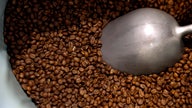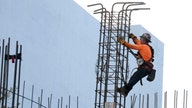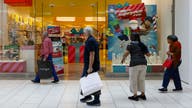Trump’s making disinflationary moves, but tariffs are still hurting, his former economic advisor says
Former Trump senior economic advisor Steve Moore discusses the Federal Reserve’s role in the U.S. economy, the president’s tariffs and more on ‘The Bottom Line.’
Americans are paying more for their coffee as prices for the caffeinated commodity are near record levels due to global production headwinds and higher costs from imported coffee exposed to tariffs.
The most recent edition of the consumer price index (CPI) released by the Bureau of Labor Statistics showed that coffee prices were up 20.9% from a year ago in August and rose 3.6% on a monthly basis. That's the highest annual price gain reported in the data series since a 21.2% reading in July 2011, and topped the 20.3% reading in July 2022 amid the COVID inflation surge.
Prices for subgroups of coffee rose to a similar degree, with the BLS reporting that roasted coffee prices were up 21.7% year-over-year and 4.1% on a monthly basis in August, while the cost of instant coffee was up 20.1% from a year ago and 4.9% from the prior month.
The U.S. is heavily reliant on imported coffee and lacks capacity for large-scale domestic production, with less than 1% of Americans' coffee produced in the United States. That leaves little opportunity to increase the domestic supply at a time when prices have risen over the past year due to global production challenges that are now being compounded by tariffs hitting imported coffee.
STARBUCKS CEO SAYS COFFEE CHAIN IS 'AHEAD OF SCHEDULE' IN MAJOR TURNAROUND EFFORT AFTER ONE YEAR
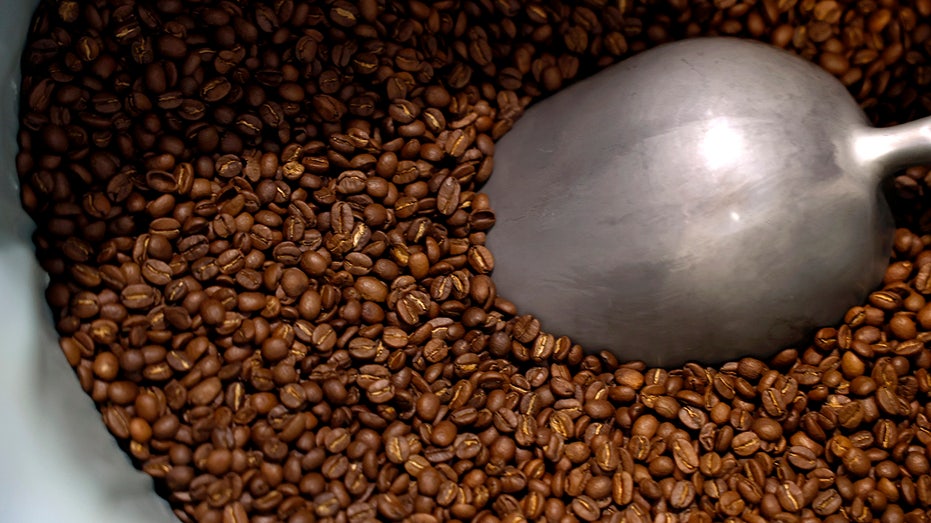
Coffee prices have taken a hit from tariffs as well as global production challenges. (Justin Sullivan/Getty Images / Getty Images)
The Food and Agriculture Organization (FAO) of the United Nations noted that global coffee prices rose 38.8% in 2024 from the prior year due to supply disruptions, including inclement weather in Vietnam, Indonesia and Brazil causing prices to rise. Brazil and Vietnam account for about half of global coffee production, per the FAO.
Brazil is continuing to experience dry weather that could impact this year's coffee production, and it comes as the Trump administration has raised tariffs on coffee imports. The White House imposed a flat 10% tariff on imports in April, which coffee was exposed to, and then moved forward with a 50% tariff on imports from Brazil at the end of July.
Scott Lincicome, Cato Institute VP of general economics and trade, told Gxstocks the two main factors driving the rise in the price of coffee are those global production factors and tariffs.
TRUMP TARIFFS HAUL OVER $200B IN REVENUES AS SUPREME COURT WEIGHS CHALLENGE TO LEGALITY

The U.S. imports nearly all of the coffee that Americans consume. (iStock / iStock)
He said, "If you look at what coffee prices have done over the last few months, they've definitely done a bit of a stair step – they spiked, and then they flattened a bit, and then they've gone up again. And it's that second one where you're really talking about a tariff effect."
"That's inevitable when you raise taxes on a product that simply can't be made in the United States and for which there is what we call inelastic demand, meaning: I'm a coffee addict, there are a lot of coffee addicts, we are not going to reduce our consumption much if prices go up," Lincicome explained.
"When you have that situation, there is no need for global coffee growers to worry about whether they're charging too much or whatever, they can just pass that on to the consumer and I think that appears to be what's going on," he added.
TRUMP GOES ALL-IN: TARIFFS UP TO 100% ON FOREIGN DRUGS, HEAVY TRUCKS AND HOME GOODS
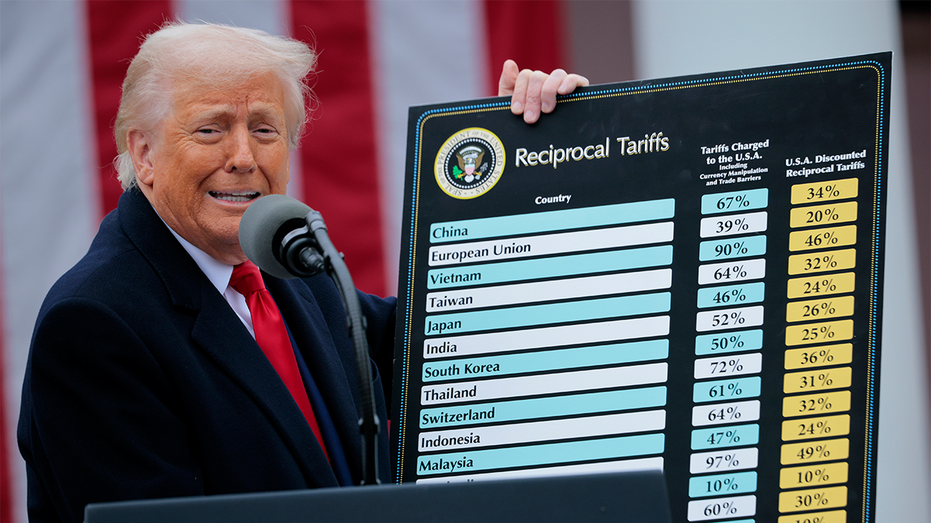
President Donald Trump unveiled "reciprocal" tariffs on U.S. trading partners in April. (Chip Somodevilla/Getty Images / Getty Images)
Lincicome noted the Trump administration recently issued an executive order indicating that the U.S. would be willing to zero out tariffs on products that the president determines aren't available in the U.S. in sufficient quantities as part of trade agreements.
"The problem that you get into with blanket tariffs is that if you just apply tariffs indiscriminately, you end up catching a lot of products that it doesn't make any sense to apply tariffs to those things. But there's a problem you get into the minute you recognize that, then you have to start making exceptions and carveouts, and then people come to Washington and they claim more," he explained.
GET Gxstocks ON THE GO BY CLICKING HERE


